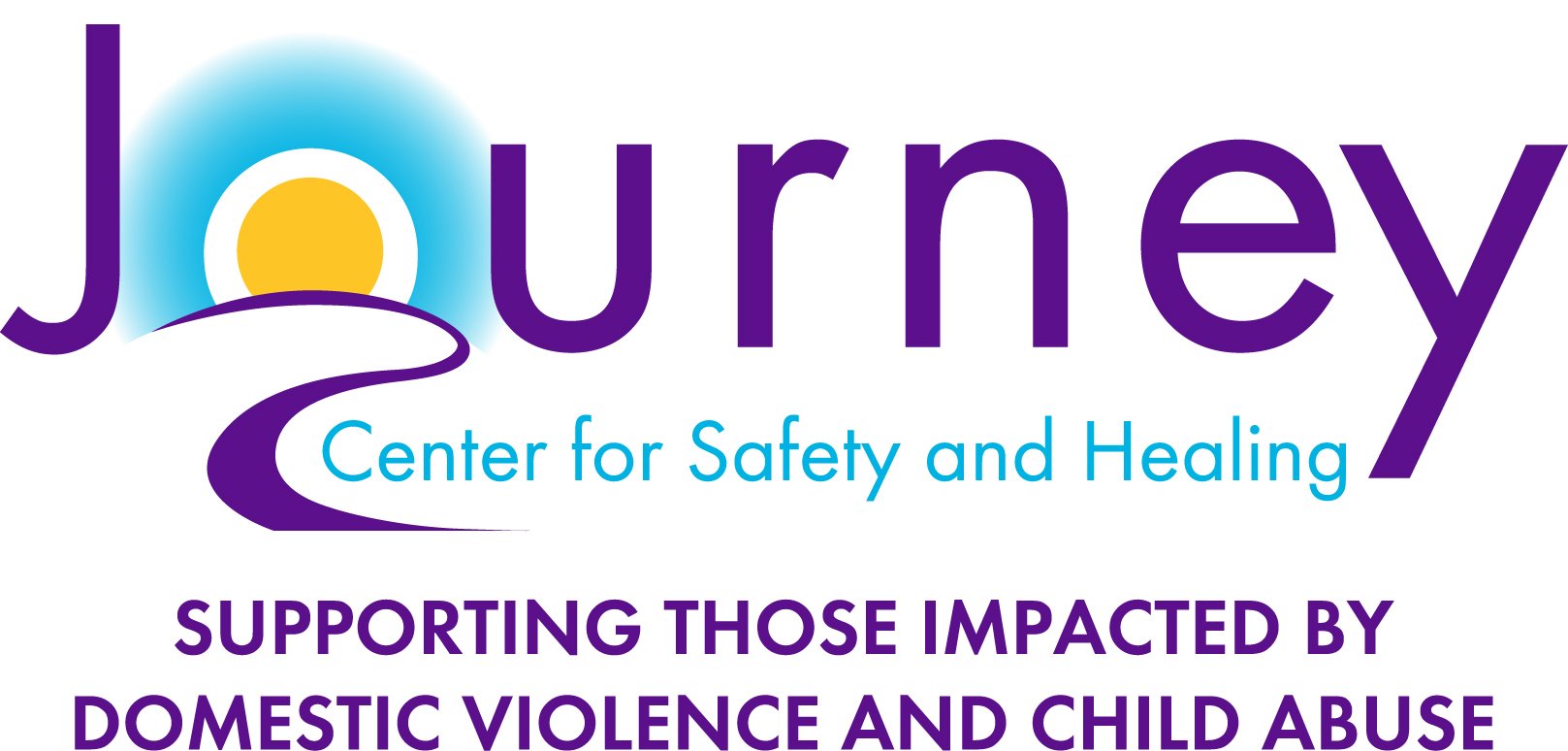Teen Dating Violence Awareness Month - Love Like That
Each February, Journey Center raises awareness about teen dating violence through Teen Dating Violence Awareness Month (TDVAM). This annual effort focuses on advocacy and education to stop dating abuse before it starts. This is an issue that impacts everyone, not just teens, but their parents, friends and communities as well. This year’s theme, “Love Like That,” amplifies the voices of teens and young adults by supporting and uplifting positive, healthy, and safe relationships and calls on all of us to create a world free of relationship abuse.
Dating violence is a pattern of behaviors used by one teen partner to maintain power and control over the other. It occurs when one person intentionally causes physical or emotional harm to their partner in a relationship. While healthy relationships tend to have a positive effect on emotional development and future relationships, abusive relationships often do the opposite. Dating violence victims are likely to experience suicidal thoughts, antisocial behaviors, depression and anxiety, and engage in unhealthy behaviors such as alcohol and drug use.
Teen dating violence can present itself in the following ways:
Physical abuse- any type of abuse that causes bodily harm, including pinching, hitting, shoving, or kicking.
Verbal/Emotional abuse- threatening behavior aimed at a partner in an attempt to diminish their self-worth.
Sexual abuse- actively forcing someone to participate in a sexual act when they do not consent.
Digital abuse- the misuse of technology to bully, harass, stalk or intimidate a partner.
Financial abuse- the use of finances or resources by one partner against the other.
During the pre-teen and teen years, it is critical for youth to begin learning skills to create and maintain healthy relationships, including managing feelings and communicating in a healthy way. Young people learn about relationships from those around them, so it is important to model healthy relationships and reinforce what consent looks like.
There are a few key factors that may indicate a teen is in an unhealthy or abusive relationship. Red flags to look for are controlling behaviors such as:
Isolation- keeping the young person away from friends or family, not letting them go anywhere alone, or constantly checking where the teen is or who they are with.
Invading their privacy by looking at their phone, emails, etc.
A young person may exhibit mood changes like excessive crying, anxiety, or anger outbursts.
Your teen may have a drastic drop in grades at school or frequent absences.
You may also notice unexplained bruising on the body.
While these situations can be difficult to navigate, there are things adults can do to help the young people in their lives:
Provide a listening ear.
Believe them.
Be non-judgmental and supportive.
Focus on the partner’s actions, not their partner.
Work on a safety plan.
Know the resources.
A healthy relationship requires open communication, safety, trust and respect. By promoting healthy relationships, educating teens about the warning signs of abuse, holding abusers accountable for their actions, and providing support to victims, we can create a safer and more just world for young people.
If your teen isn’t ready to openly communicate with you about their relationship, let them know there are confidential resources and trained individuals available to answer questions and are always available to talk.
If you suspect you are in a situation where there is teen dating violence, we are always here for you when you need to talk. Call or text our 24-Hour Helpline: 216.391.4357 (HELP) or live chat.
Together we can raise awareness and promote safe, healthy relationships.
